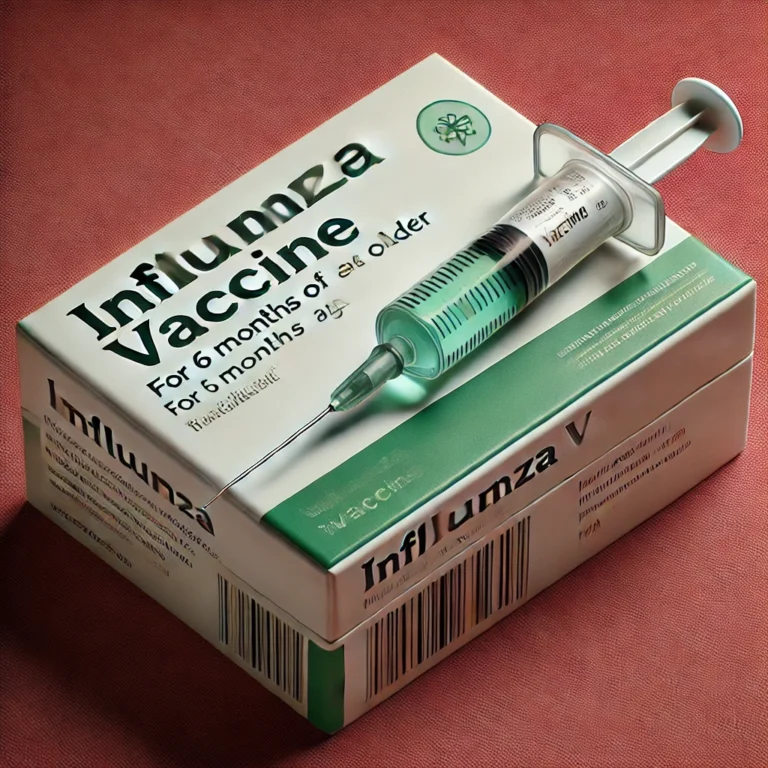In a significant development for the field of infectious disease prevention, Takeda, a leading global pharmaceutical company, has announced the withdrawal of its application for a dengue vaccine candidate in the United States. This decision has sparked discussions and raised concerns about the future of dengue prevention efforts and the hurdles faced by pharmaceutical companies in the vaccine development process.
Takeda’s dengue vaccine candidate, which has shown promising results in clinical trials conducted in various countries, was expected to provide an essential tool in the fight against dengue fever—a mosquito-borne viral disease affecting millions of people worldwide. However, the decision to withdraw the application in the US has left many wondering about the underlying reasons and the potential impact on global health.
One of the key factors contributing to Takeda’s withdrawal could be the stringent regulatory requirements set forth by the US Food and Drug Administration (FDA) for vaccine approvals. The FDA has a rigorous evaluation process, ensuring the safety and efficacy of vaccines before granting approval. Meeting these stringent criteria demands significant investments of time, resources, and clinical data, which may have influenced Takeda’s decision.
Another aspect that may have influenced the withdrawal is the complex nature of dengue fever itself. Dengue is caused by four distinct serotypes of the dengue virus, and creating a vaccine that offers protection against all four strains has proven challenging. Vaccine development for complex diseases like dengue requires extensive research and testing to ensure safety and effectiveness across various populations.
While Takeda’s withdrawal is undoubtedly disappointing, it is important to acknowledge the continued efforts of researchers, scientists, and pharmaceutical companies in the pursuit of a viable dengue vaccine. Dengue fever continues to be a significant public health concern, particularly in regions with a high incidence of the disease. The absence of a preventive vaccine leaves communities vulnerable to dengue outbreaks, emphasizing the urgency of finding alternative solutions.
In light of Takeda’s decision, it is essential to support ongoing research and development initiatives aimed at addressing the challenges encountered in dengue vaccine development. Collaboration between academic institutions, government agencies, and pharmaceutical companies will be crucial in overcoming the obstacles and advancing the field.
In conclusion, Takeda’s withdrawal of its dengue vaccine candidate’s US application has generated interest and concerns within the public health community. The decision underscores the complexities and challenges associated with vaccine development for diseases like dengue. However, it is important to remain optimistic and continue supporting scientific endeavors to find effective preventive measures against dengue fever. The pursuit of a safe and efficacious dengue vaccine remains a priority, and the collective efforts of researchers and pharmaceutical companies are essential in addressing this pressing global health issue.












